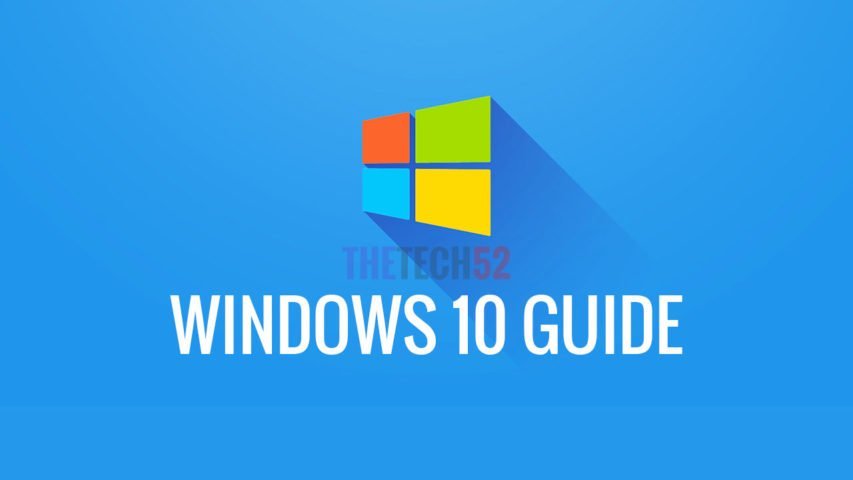Pic Credit: Mikhail via Pexels
Protecting our data is crucial because whether we like it or not, a staggering amount of our confidential information is online. We must take the appropriate steps to secure our usernames, passwords, emails, intellectual property, images, videos, and more, from various threat actors that prowl the Internet.
Of course, the most basic steps to securing our privacy are as follows:
- Set complex and long passwords that use many different types of characters
- Avoid sharing too much information on public forums that hackers can use to construct advanced social engineering attacks.
- Keep your software updated to the latest and most secure version.
Additionally, it would be helpful to use security tools such as a firewall to regulate your Internet connection. For extra security, you can even subscribe to a highly rated Virtual Private Network (VPN) service that encrypts your data and hides your IP address to protect your privacy.
Even after adopting all these precautions, you may still be vulnerable to some of the following privacy-invading malware:
#1 Software keylogger
A software keylogger is a type of malware that copies all your keystrokes and sends them to a threat actor. With access to your confidential information, the keylogger’s author can commit blackmail, identity theft, and financial crimes.
#2 Hardware keylogger
Unlike a software keylogger, a hardware keylogger is encoded in a piece of computer hardware and must be physically installed on our computer. Examples of hardware keyloggers include compromised keyboards, USB drives, etc.
Avoiding a hardware keylogger is easier than avoiding a software keylogger. Keep an eye on your computer and inspect any new devices attached to your machine. It would help if you also refrained from accepting gifts that strangers can potentially use to spy on you. For example, don’t use a keyboard given to you by someone you barely know.
#3 Adware
While adware isn’t nearly as risky as other types of privacy-invading malware, it can negatively impact your browsing experience. Here are some signs of an adware infection:
- You notice popup ads on your screen
- Your computer and Internet connection slow down inexplicably
- Your web browser continuously redirects you to another page
- There are mysterious toolbars on your browser that you didn’t download
To combat adware, please stay away from untrustworthy links, websites, etc. Regularly run a free adware cleaning and removal tool like AdwCleaner that quickly and efficiently eliminates potentially unwanted programs without hogging your system’s resources.
#4 Spyware
Spyware is a sneaky and dangerous malware that can read your emails, track your movements, and even spy on you through your webcam. To protect yourself from spyware, learn more about phishing attacks and Trojan horse attacks. Also, only download reliable software from proven sources instead of taking a chance on unknown apps.
#5 Stalkerware
When abusers want to track your physical movements and watch you, they use stalkerware. Stalkerware has become so dangerous that various advocacy groups, software developers, security firms, and survivors have joined forces to stop it in its tracks. To protect yourself from stalkerware, control the software installed on your computers and devices.
These are five types of malware that spy on you. Stay cautious online and use the best anti-malware software to protect yourself from keyloggers, adware, spyware, and stalkerware.


